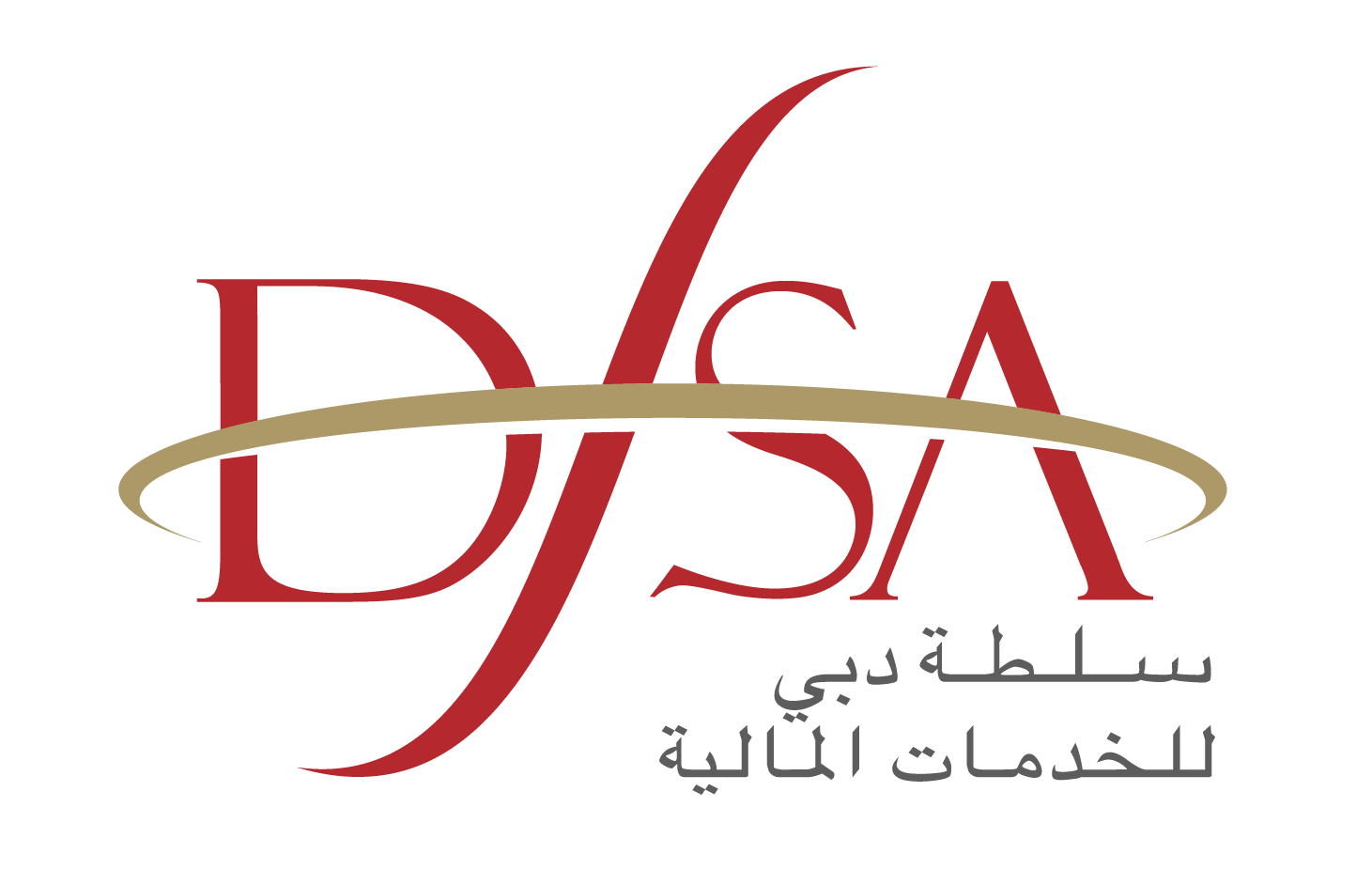

Go Back
The DFSA’s regulatory framework is based on principles of transparency, integrity and efficiency. We have used these to create an enabling regulatory framework for the Islamic financial services industry. With the advantage of being able to design our regime from inception using international standards, we have been able to create a cohesive and balanced regulatory framework, rather than bolting Islamic finance onto an existing conventional regulatory regime.
Central to the DFSA’s approach to Islamic finance is our belief in risk-based regulation. Many of the risks in Islamic finance have their counterparts in conventional finance, and we believe they should be treated similarly. So our regime for Islamic finance is integrated with that for conventional finance, but with explicit recognition of the structures and risks of Islamic finance, where these are different.
We apply internationally accepted standards and principles; in Islamic finance those of the Accounting and Auditing Organisation for Islamic Financial Institutions (AAOIFI) and the Islamic Financial Services Board (IFSB). A number of DFSA employees are actively involved in the working parties and committees of these bodies. As members of the Asian-Oceanian Standard-Setters Group we contributed to its research paper on financial reporting issues for Islamic finance and can be accessed here.
Paul M Koster at the World Takaful Conference, 13 April 2011, "Effective Regulatory Initiatives to Strengthen Industry Foundations" - click here
Paul M Koster at the Annual Conference of the Emirates Securities and Commodities Authority, 25 January 2011, "Reshaping the Supervisory Role in the Financial Sector: The Case of Holland" - click here
Paul M Koster at the IFSB Summit, 4 May 2010, "New Framework for Liquidity Management for Islamic Financial Institutions" - click here
Paul M Koster at the IFSB Summit, 23 November 2009, "Implications of International Regulatory Change for Islamic Finance" - click here
Paul M Koster at the IFSB Summit, 8 May 2009, “Direction of Development Policies” – click here
Paul M Koster at the World Takaful Conference, 14 April 2009, “Laying the Foundations for Growth” – click here
Peter Casey on Islamic Capital Markets Regulation, 19 May 2009 – click here
Simon Gray on Applying for IFSB Basel II Framework to Ensure a Bank's Capital Adequacy - click here
Leaflet on Islamic Finance Regulation in the DFSA – click here
Simon Gray on Takaful Funds in Emerging Markets Report, June 2009 – click here
DFSA in Action – Volume 2, June 2008 – article on p1, “DFSA and Hong Kong launch Islamic finance initiative” – click here
DFSA in Action – Volume 1, December 2007 – article on p4, “Regulation key for Islamic finance industry” and article on p5, “Best Regulator for Islamic Funds” – click here
DFSA Business Plan 2009/2010 – view on Islamic finance regulation on p21 and Focus Area under Strategic Themes on p28 - click here
DFSA Speeches and Presentations given at events held at Clare College, Cambridge:
DFSA Approach to Regulating Islamic Finance
DFSA's Approach to Regulating Islamic Finance
Impact of the Financial Crisis on Islamic Finance
Impact of the Financial Crisis on Islamic Finance
Implications of International Regulatory Change
Islamic Finance
Liquidity Management
Prudential Rules for Islamic Banking
To access the Public Register
Under Firm Type, select Authorised Firms
Under Endorsement, select either (or both) Operating an Islamic Window or Islamic Financial Institution
Click on the Search button at the bottom of the page
Click on the name of a firm to see more details
Click here to access the Public Register.
The underpinning law is the Law Regulating Islamic Financial Business.Under this law, any firm that holds itself out as conducting Islamic financial business must have a special endorsement on its licence.This may allow the firm to operate as a wholly Islamic firm, or to operate an Islamic window.
Sharia Governance
The DFSA is a Sharia Systems Regulator not a Sharia Regulator.Any firm which conducts Islamic financial business must put systems in place to ensure that the business is conducted in accordance with;Sharia. This includes the appointment of a Sharia Supervisory Board (SSB), of at least three competent scholars.The firm must have systems in place to disseminate the SSBs rulings, conduct regular Sharia reviews and also conduct an internal audit. (See the Islamic Finance Rules Module of the DFSA Rulebook – IFR - click here) These systems requirements provide the DFSA, and firms, with a clear measure against which to assess the firms performance.
Prudential Regulation
Firms who offer Profit Sharing Investment Accounts (PSIAs) are subject to special prudential requirements, which reflect the possibility of Displaced Commercial Risk, ie the fact that the firm may find itself under commercial pressure to pay PSIA holders a rate of return higher than that which would normally be payable under the contract.The relevant rules are contained in the DFSA Rulebook.The rulebook also deals with the capital treatment of various Islamic contracts. (See Chapter 5 of the IFR Module of the DFSA Rulebook - click here).
There are specific provisions relating to Takaful companies in the PIN Module (click here). Islamic firms must in general follow the AAOIFI accounting standards.
Disclosure
There are specific disclosure requirements for Islamic firms.The firm must disclose details of its Sharia Supervisory Board, as well as disclosures about the special characteristics of the products offered.
Islamic Funds
While DFSAs collective investment Funds regime is substantially contained in the Collective Investment Law, the Investment Trust Law and the Collective Investment Rules (CIR) specific provisions relating to Islamic funds are found in the Law Regulating Islamic Financial Business and Islamic Finance Rules (IFR) modile.These are broadly similar to those for firms conducting Islamic financial business, and include the appointment of a Sharia Supervisory Board, and disclosures in the fund prospectus.
Islamic Finance Tailored Handbooks
The DFSA's tailored handbooks for Islamic finance are designed to help firms undertaking particular activities to locate the requirements in the DFSA Rulebook that apply to their activities.
Islamic Securities
Islamic securities may be listed on an exchange in the DIFC, and there are disclosure requirements mainly related to Sharia Board approval.
For better web experience, please use the website in portrait mode

